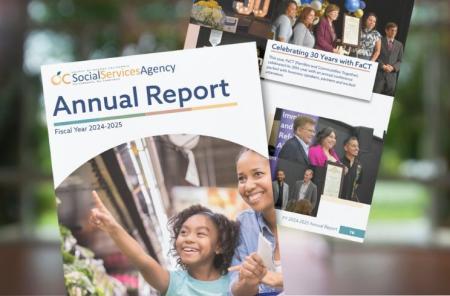Medi-Cal Asset Limits and Full-Scope Enrollment Freeze to Take Effect January 1, 2026

Effective January 1, 2026, two changes to Medi-Cal eligibility rules will take effect:
- Reinstated asset limits: Adults 65 and older, people with disabilities, and those who are in a family that exceeds income limits under federal tax rules will need to meet asset requirements to receive Medi-Cal. Countable assets include bank accounts, cash and properties such as more than one house or vehicle.
- Full-scope enrollment freeze: Adults 19 or older, not pregnant and undocumented or without satisfactory immigration status, will no longer qualify for full-scope Medi-Cal coverage if they apply for benefits on or after January 1, 2026. They may only qualify for restricted-scope Medi-Cal, which covers emergency, pregnancy-related and nursing home care.
- This rule applies to new enrollments only; individuals who already have full-scope Medi-Cal will not lose their coverage but must fill out their renewal form on time to keep their benefits. New applicants affected by this change may still apply for full-scope benefits through December 31, 2025.
The changes are the first of several to impact Medi-Cal and CalFresh over the next few years as a result of the state’s budget bill passed in June 2025 and the federal government’s H.R. 1, known as the One Big Beautiful Bill, signed into law in July 2025.
Currently in Orange County, nearly 1 million residents receive Medi-Cal benefits and more than 300,000 receive CalFresh benefits.
Affected Medi-Cal members will receive letters by mail, text or email. All Medi-Cal members are urged to keep their contact information up-to-date and to continue meeting mandatory reporting requirements, including submitting renewal forms and verification documents upon request to ensure their cases remain active.
Anyone with questions about their Medi-Cal or CalFresh benefits or needing to report changes can do so online at BenefitsCal.com, by calling (800) 281-9799 or by visiting the nearest County of Orange Social Services Agency office.
A webpage has been set up to house information about the upcoming changes as well as links to frequently asked questions (FAQs): https://ssa.ocgov.com/Changes-Medi-cal-Calfresh





